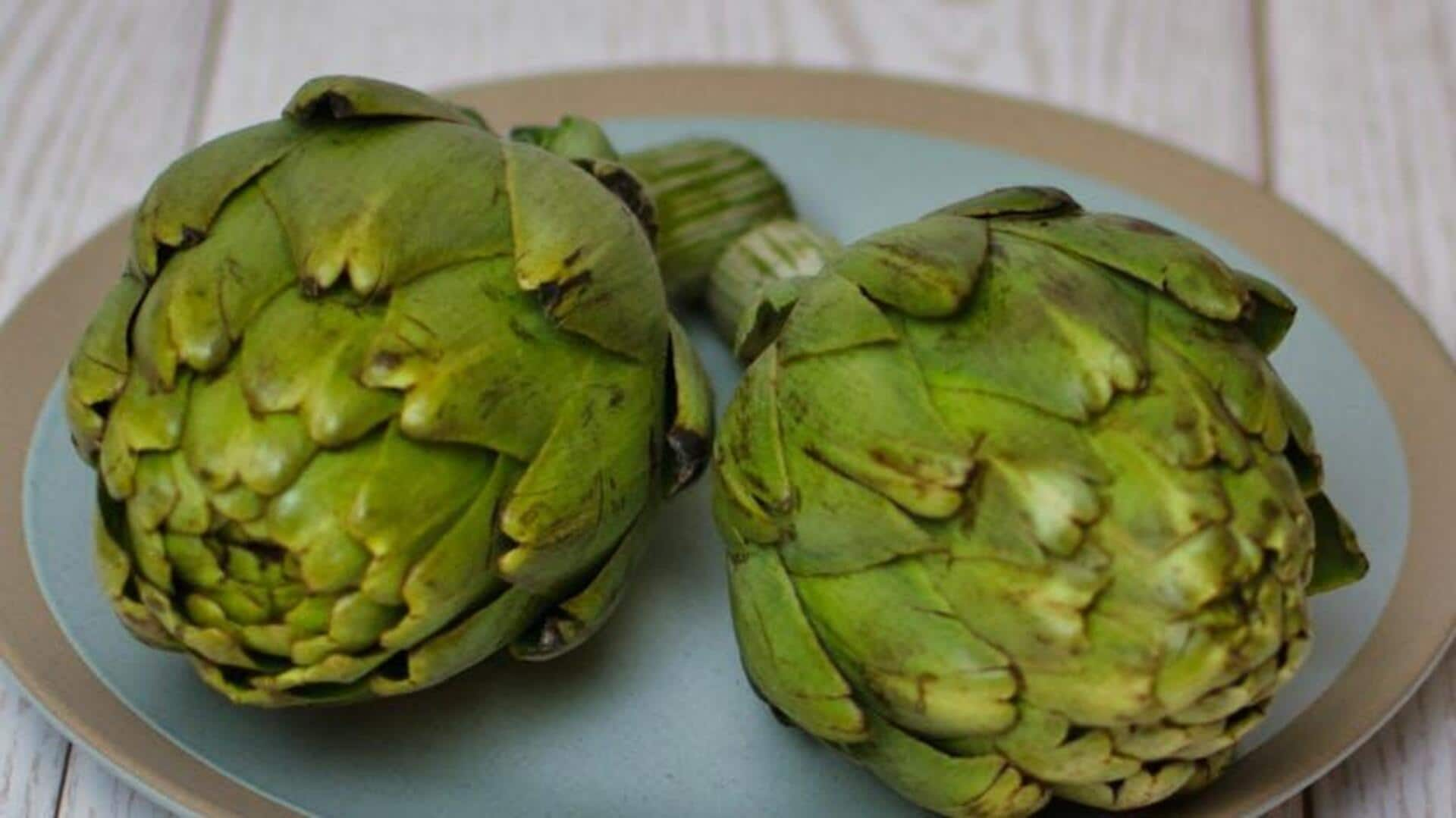
Artichokes v/s mushrooms: Which has more fiber?
What's the story
Artichokes and mushrooms are popular vegetables, appreciated for their unique flavors and nutritional benefits. One of the prime constituents of their nutrition is fiber, which is essential for good digestive health. In this article, we will look at the fiber content of artichokes and mushrooms to understand how they stack up against each other in terms of dietary fiber contribution.
#1
Fiber content in artichokes
Artichokes are famous for their fiber-richness, making them a perfect option for those looking to up their fiber intake. A medium-sized artichoke has roughly 10 grams of fiber, which is around 40% of the recommended daily allowance for adults. The high fiber content promotes digestion and keeps your gut healthy by ensuring regular bowel movements.
#2
Fiber content in mushrooms
Though mushrooms aren't as fiber-rich as artichokes, they provide a good amount of fiber that makes for a healthy diet. A cup of sliced mushrooms has approximately 1 gram of fiber, which makes up for about 4% of the daily recommended intake. While they may be less fibrous than artichokes, mushrooms have other nutrients that complement their moderate fiber content.
#3
Health benefits beyond fiber
Like fiber, both artichokes and mushrooms come with their own health benefits. Artichokes are loaded with antioxidants, including vitamin C and polyphenols, which promote good health by fighting oxidative stress. Mushrooms are also rich in key nutrients, including B vitamins and selenium, which promote immunity and energy metabolism.
Tip 1
Choosing based on dietary needs
When choosing between artichokes and mushrooms according to diet, consider your health goals. If you're looking to increase your daily fiber intake, adding more artichokes to your diet would be better due to their higher fiber content. However, if you want a balance of moderate fiber intake with other nutrients such as B vitamins or antioxidants, both veggies can be consumed as part of a varied diet.